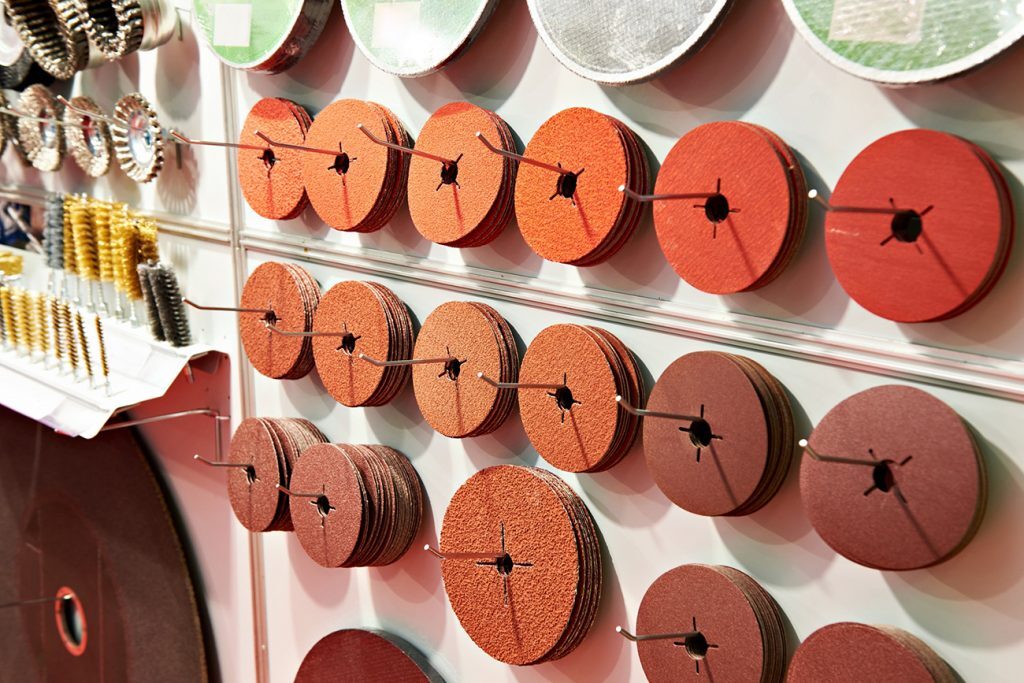Refractory
A class of inorganic non-metallic materials with a refractoriness not lower than 1580°C. Refractoriness refers to the Celsius temperature at which a refractory conical sample can resist high temperature without softening and melting without load. However, it is not possible to fully describe refractory materials only by the definition of refractoriness, and 1580°C is not absolute. It is now defined as a material whose physical and chemical properties allow it to be used in a high temperature environment is called a refractory material.
Refractory materials are widely used in metallurgy, chemical industry, petroleum, machinery manufacturing, silicate, power and other industrial fields, and are used in the largest amount in the metallurgical industry, accounting for 50% to 60% of the total output. Refractory materials are used in various fields of the national economy such as steel, non-ferrous metals, glass, cement, ceramics, petrochemicals, machinery, boilers, light industry, electric power, and military industry. They are essential materials to ensure the production and operation of the above industries and technological development. It plays an irreplaceable important role in the development of high temperature industrial production.

